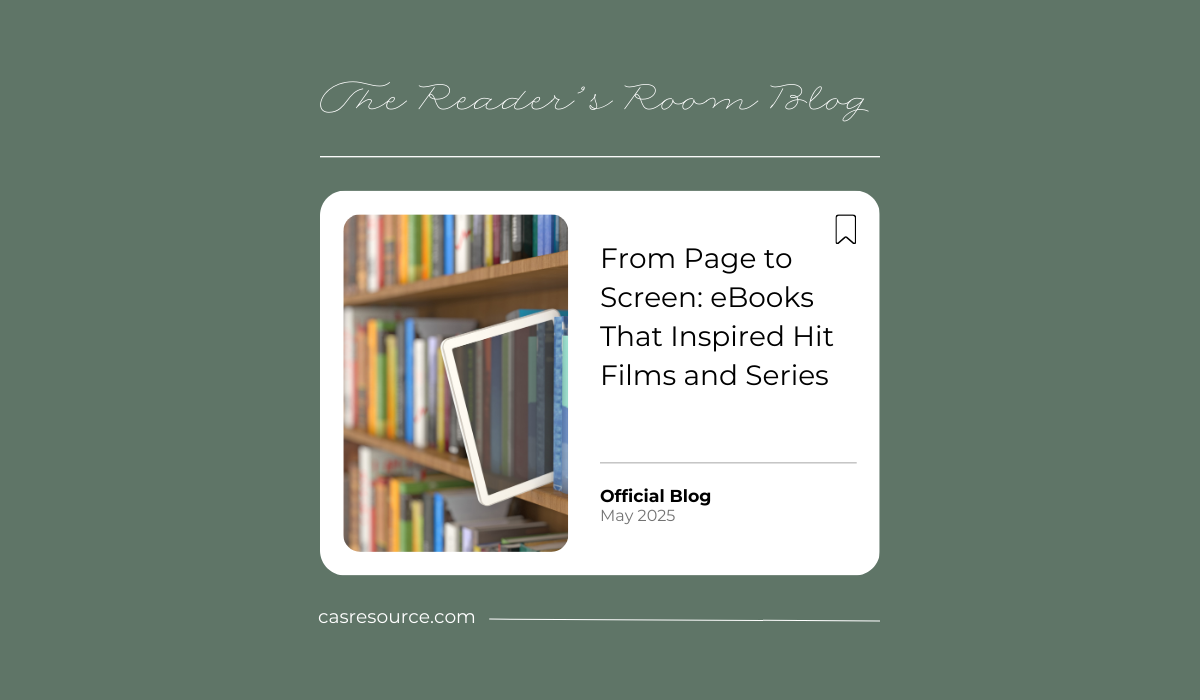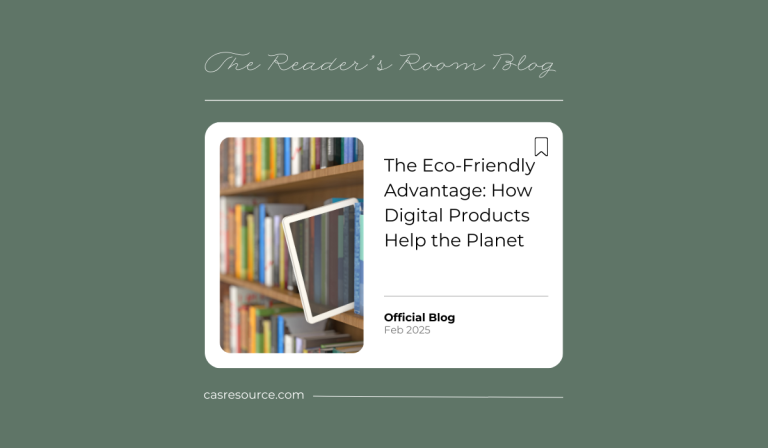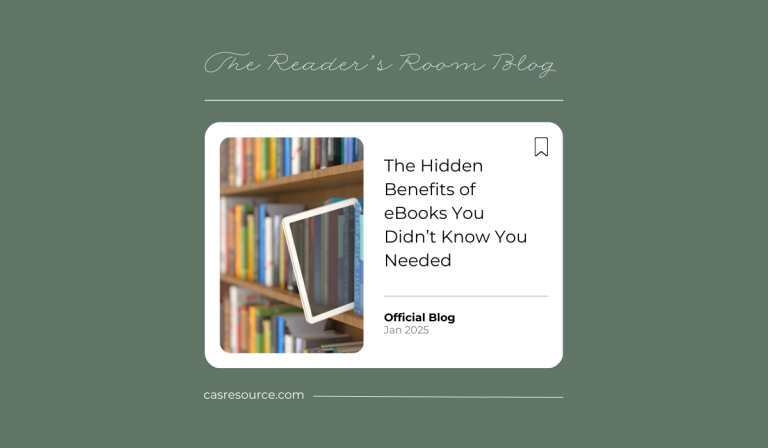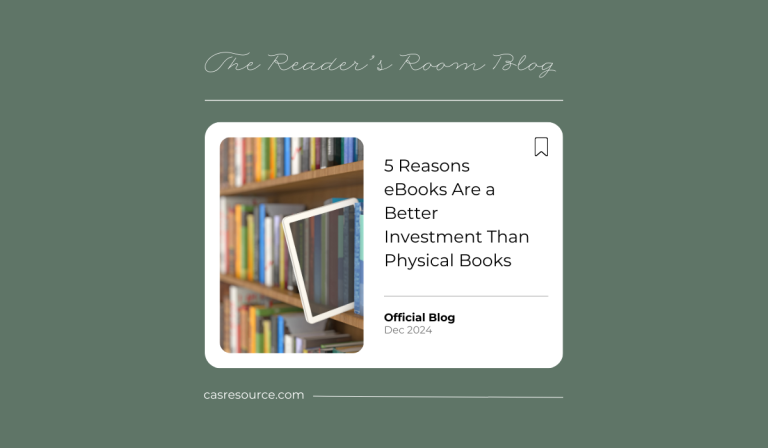Once upon a time, stories had to sit on shelves before they could leap onto screens. Today, they travel faster—by pixel, by tweet, by Kindle download. In an era where a gripping eBook can ignite a fandom overnight, the distance from digital page to Hollywood set has never been shorter. Below, a tour through some of the most remarkable journeys from eReader to Emmy stage, silver screen, and cultural obsession.
Gone Girl – Gillian Flynn’s Dark Psychology on the Big Screen (2014)
Released simultaneously in print and eBook, Gone Girl struck a nerve with its icy prose and brutal dissection of marriage and media. Digital buzz turned it into a phenomenon long before David Fincher’s 2014 adaptation sharpened its edges for the big screen. Rosamund Pike’s haunting performance wasn’t just a casting win—it was a cultural reset. Psychological thrillers haven’t looked the same since.
The Martian – From Self-Published eBook to Sci-Fi Icon (2015)
Andy Weir wrote The Martian as a love letter to problem-solving and space nerdery, posting it chapter by chapter on his website. After reader demand pushed him to release it as a $0.99 eBook, the story’s momentum became unstoppable. Just a few years later, in 2015, Ridley Scott and Matt Damon brought Weir’s Mars survival tale to life, proving that hard science and self-publishing can coexist—and even dominate the box office.
Big Little Lies – Domestic Thrillers That Translate to Addictive Drama (2017)
Liane Moriarty’s novel first drew digital readers with its acerbic wit and layered women. Then Reese Witherspoon and Nicole Kidman turned it into HBO gold in 2017, weaving Moriarty’s suburban secrets into a haunting, Emmy-winning meditation on trauma, privilege, and power. The eBook set the hook; television made it impossible to look away.
Crazy Rich Asians – Breaking Boundaries, Culturally and Commercially (2018)
Before it became a 2018 cinematic landmark, Kevin Kwan’s satirical novel was passed around on eReaders and recommended in online book clubs for its humor and opulence. Its adaptation didn’t just entertain—it made history, opening long-overdue doors for Asian representation in Hollywood and setting a new bar for rom-coms in the digital age.
The Queen’s Gambit – Chess, Trauma, and Digital Word-of-Mouth (2020)
For decades, Walter Tevis’s novel sat quietly in backlists and eBook stores—until Netflix brought Beth Harmon to life in 2020. What followed was a cultural checkmate: chessboards sold out, download numbers spiked, and the character of Beth became an unlikely icon of genius, addiction, and resilience. A long-forgotten book reborn through digital platforms and a perfectly timed adaptation.
Daisy Jones & The Six – From eBook Novel to Streaming Rockstar (2023)
Styled like a rockumentary in print, Taylor Jenkins Reid’s Daisy Jones & The Six built its cult following online, where readers devoured its nostalgic tone and emotional depth. In 2023, the Prime Video series added a literal soundtrack, taking digital fandom into full sensory territory. What began as fictional oral history now echoes like the greatest hits of a band that never existed—but feels like it did.
Outlander – Time Travel Romance with a Streaming Cult Following (2014–)
Diana Gabaldon’s sweeping series was already beloved in print, but eBooks brought Outlander to a new generation of romantics and historical fiction lovers. When Starz launched the TV adaptation in 2014, it tapped into a fanbase already primed by digital discovery. The result? A time-traveling, kilt-clad cultural juggernaut that refuses to slow down.
The Witcher – A Fantasy Series That Bridged eBook and Game Audiences (2019)
Andrzej Sapkowski’s epic had a loyal following in Poland, but eBooks helped English translations find fantasy fans around the world. Then came the games, then the memes, and finally, Henry Cavill. Netflix’s 2019 adaptation turned Geralt of Rivia into a cross-medium legend, proof that a fantasy franchise can go from local treasure to global behemoth with a little help from digital ink.
Heartstopper – YA Graphic eBooks with LGBTQ+ Representation (2022)
Alice Oseman’s tender graphic series began as a webcomic and later flourished in eBook form, championed by fans craving genuine LGBTQ+ stories. The 2022 Netflix series honored its roots, staying soft, sweet, and true. A story that bloomed online first found even brighter light on screen—thanks to its quietly powerful audience.
Normal People – The Quiet Power of Intimacy, On and Off the Page (2020)
Sally Rooney’s minimalist prose and emotional precision made Normal People a digital bestseller. Then, in 2020, the BBC/Hulu adaptation became something more: a mirror for a generation aching for connection. Its power wasn’t in plot twists—it was in silences, glances, and the moments in between. Readers and viewers alike felt seen.
Shadow and Bone – High Fantasy That Found Its Visual Voice (2021)
Leigh Bardugo’s Grishaverse gathered steam on eBook platforms long before its 2021 Netflix debut. By blending plotlines and expanding characters, the series rewarded longtime fans while onboarding new ones. The result was a lush, high-stakes fantasy world built on magic—and reader demand.
Reese’s Book Club to Hollywood Pipeline
It’s no accident that many of these titles passed through Reese Witherspoon’s hands. Her book club, powered by millions of digital readers, has become a tastemaker for modern adaptation. When a Reese pick trends on Kindle, Hollywood tends to follow—and it’s rewriting how stories get discovered and greenlit.
Why eBooks Make Perfect Source Material
They don’t wait for gatekeepers. They find readers wherever they are, building momentum through Goodreads reviews, BookTok buzz, and grassroots hype. For studios, that’s gold: a built-in audience, proof of concept, and cultural capital wrapped in a digital cover. eBooks aren’t just stories anymore—they’re launchpads.
Adaptation Isn’t a Copy—It’s a Conversation
Not every digital page makes a great script. Not every adaptation gets it right. But when they do, it’s because they recognize something deeper: adaptation isn’t translation—it’s transformation. The medium may change, but the story remains. That’s the magic of this digital-to-screen evolution. The future of storytelling isn’t on the shelf. It’s already in your pocket.



